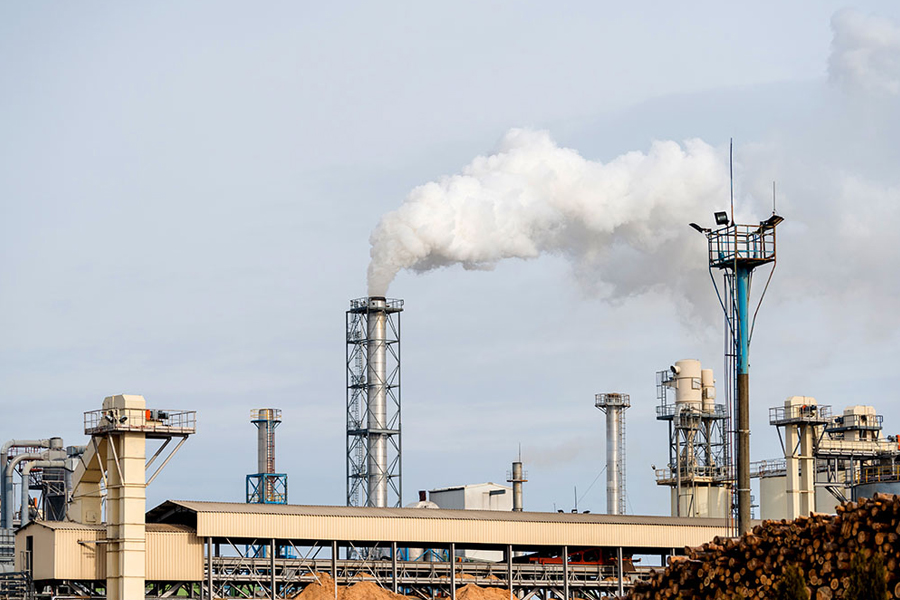
Image Source: www.lockatong.com
Emergency generators are essential in industries because they help maintain operations during power outages. They aid in sustaining workflow and overall productivity, which are necessary for business success. However, these generators emit harmful pollutants that can contribute to poor air quality and adverse health conditions.
For example, carbon monoxide (CO) is an odorless and colorless gas produced by incomplete fuel combustion. Another harmful contaminant is particulate matter (PM), which are tiny particles of solid or liquid matter suspended in the air. Exposure to these substances poses risks of respiratory and cardiovascular problems, compromising human health and well-being. This highlights the significance of NJDEP (New Jersey Department of Environmental Protection) air permitting, which promotes the security of public health and environmental integrity.
Air permits for emergency generators establish emission limits and compliance standards, confirming that generators run within allowable parameters. Meeting these standards enables entities to minimize harmful pollutants and maintain air quality. To attain NJDEP permit compliance, facilities must meet various permit conditions. For instance, GP-005A and GOP-003 mandate emergency generators made from 2007 onwards to have a certified engine. Satisfying permit requirements promotes legal compliance and effective risk management.
Non-compliance with regulations can result in penalties and legal liabilities, potentially damaging a company’s reputation. Hence, businesses can work with an NJDEP air permit consultant to establish compliance when acquiring air permits for emergency generators. These professionals are well-versed in the rules and can provide entities with valuable information to maintain operational success and regulatory adherence.
Emergency generators are essential for businesses and the safety of building occupants during power outages. Still, it is imperative to address the environmental and health hazards of their toxic emissions. Following stringent measures enables organizations to uphold NJDEP compliance and promote public health and well-being. This infographic from Lockatong Engineering provides a more detailed understanding of emergency generator air permitting.


